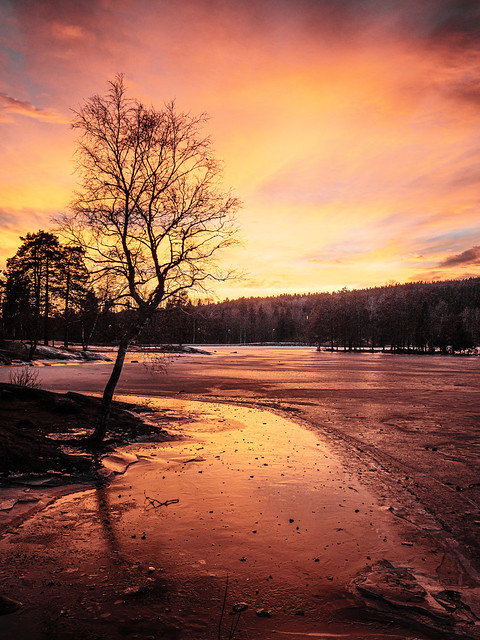This piece is a guest-post from Major Richard Streatfeild (retd)
Rifleman Jamie Davis served with A Company 4Rifles in Iraq in 2007 and Afghanistan and 2009/10. In Afghanistan he lived for 5 months in a small patrol base with his platoon and members of the Afghan Army; initially under constant attack and thereafter never far from the threat of rockets, grenades or roadside bombs. He was, I think, the last Rifleman in A Company to be injured in Afghanistan, taking frag from a ricochet in the leg. Jamie was made for the front row of the scrum, and I suspect it was where he was most at home, both in stature and character. He was never the fastest mover, but he kept going, until now.
Jamie was at the point of the tip of the spear in Afghanistan in 2010; treating wounded children, witness and aid to his comrades rendered both limbless and lifeless, and in one case being on the casualty evacuation of his own section commander. I remember him as stalwart of his platoon, the Battalion Rugby team and the Naafi. Loyal, dogged, selfless, self-effacing, courageous, determined, hearty, reliable, brave, honest, and cheery, he served both in Iraq and Afghanistan at a time when those operations were at their most difficult and dangerous. He leaves behind a wife and two sons who are very much in our thoughts and we pray for some comfort in their grief.
On the weekend of 12 Jan 2020, Jamie took his own life. Ten years on I hope I can still just about speak for the company he served in. We still recognise and appreciate the fortitude and good humour with which Jamie faced the dangers of operations and the value of his service. We mourn his passing and remember that he was once amongst the bravest of the brave – once a true British Lion.
Jamie is now the fourth “Rifleman” from A Company from my two years in command ten years ago to have died at home, not abroad, in similar tragic circumstances. Almost as many as we lost there, a figure that is fast becoming a stain on post operational care. Our regiment, the army, the NHS, and our government; all seemingly at a loss to identify those at risk, treat them and ultimately to prevent these deaths. The limits of helplines; of instructions to ‘reach out’; of “ten tips to top mental health” have been cruelly exposed, once again. The system; and by that I mean the army – for those still serving – the department for Veterans affairs for those who have left, must dedicate time and manpower to find those who have been exposed to trauma, screen everyone on a routine basis and treat those who need it. Suicide has become when, not if. Not only could it happen to anyone, it will happen to someone. Jamie’s death is a tragedy amid a scandal.
[click to continue…]



